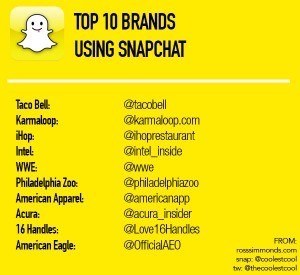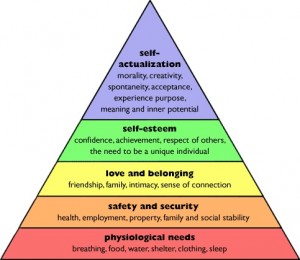On the surface, there might appear to be little in common between blockbuster movies and effective explainers. But, at their core, both are just vehicles for telling a story. And with Jurassic World raking in an estimated $ 511.2 million in the box office this past weekend, we thought it might be fun to see what we could learn:
1) Measurable Results
While it’s unlikely that your explanation video will garner $ 511.2 million in revenues, the lesson here is that it’s important to establish a means for measuring success. With Jurassic World, the way to determine profitability is pretty easy. The film cost about $ 150 million to make, so as soon as it makes more than that then the studio can declare it a winner (or, in this case, a triple-winner by Sunday afternoon). But when it comes to Explainers, that equation for success is much more complex. That’s because it’s inherently difficult to pinpoint which sales were a direct a result of your Explainer, versus those that were unrelated. And also because, oftentimes, Explainers aren’t targeted consumers. Instead, they are frequently inward-facing videos meant to relay information and inspire action amongst your employees. But just because videos like these can’t be measured with a REVENUE – COST equation, doesn’t mean they can’t be measured at all. Everything, after all, can be measured; it’s just a matter of finding the right parameters to measure your ROI. The are a variety of different ways to go about doing (we suggested 5 Steps to do so late last month), but while the approaches to tackling this can be complex, the main takeaway here is simple: measurement is critical.
2) Ideas are Important, but Execution Takes the Cake
Have you seen the trailer for Jurassic World? Then (as with most trailers these days) you probably already know about half of what’s going to happen in the movie. So the question is: knowing nowadays as much as we do, what accounts for a high-concept film like Jurassic World breaking records, while another big idea movie like Tomorrowland pretty much flopped.

Based on the reviews, it might be easy to say because one of them was good and one of them was not. And that’s probably fair, to some degree—I’ll take a Spielberg-produced film over the field any day of the week—but what if we compare Jurassic World to another “good” movie…
3) Ideas < Execution < Audience
Like, say, Mad Max: Fury Road, which also garnered rave reviews (even better than Jurassic World, actually). Why, then, is Jurassic World smashing the box office while, after five weeks, Mad Max is only just now starting to turn a profit?

There are several variables that can account for this discrepancy (i.e. star-power, marketing and the awesomeness of dinosaurs) but what it really comes down to is this: the two movies aren’t going after the same type of audience. I mean, don’t get me wrong; both would love to be seen by everyone in the world twice, but Jurassic World makes a more concerted effort to appeal to “everyone in the world” whereas Mad Max is going after “everyone in the world who likes action movies (and is okay with dystopian themes).” I’m simplifying here a bit, but the point is that—from idea to script to direction to marketing–Jurassic World strives to be the kind of movie that will appeal to wide-eyed just as much as thrill-seeking adults, whereas Mad Max swerves less towards the mainstream. Ultimately, this is a good thing. Both films stayed relatively true to the their identities and, more importantly, were conscious of audience expectations and delivered on that precisely. All of which is a roundabout way of saying that, when it comes to Explainer Videos, it’s incredibly important to factor in not only who your audience is, but what it is you think they expect and then deliver on that. That’s because, whether it’s a multi-million dollar movie or a sixty second animated demo, the success (or failure) of both hinges on audience reaction. In the end, that’s really what it’s all about.
(193)
Report Post







